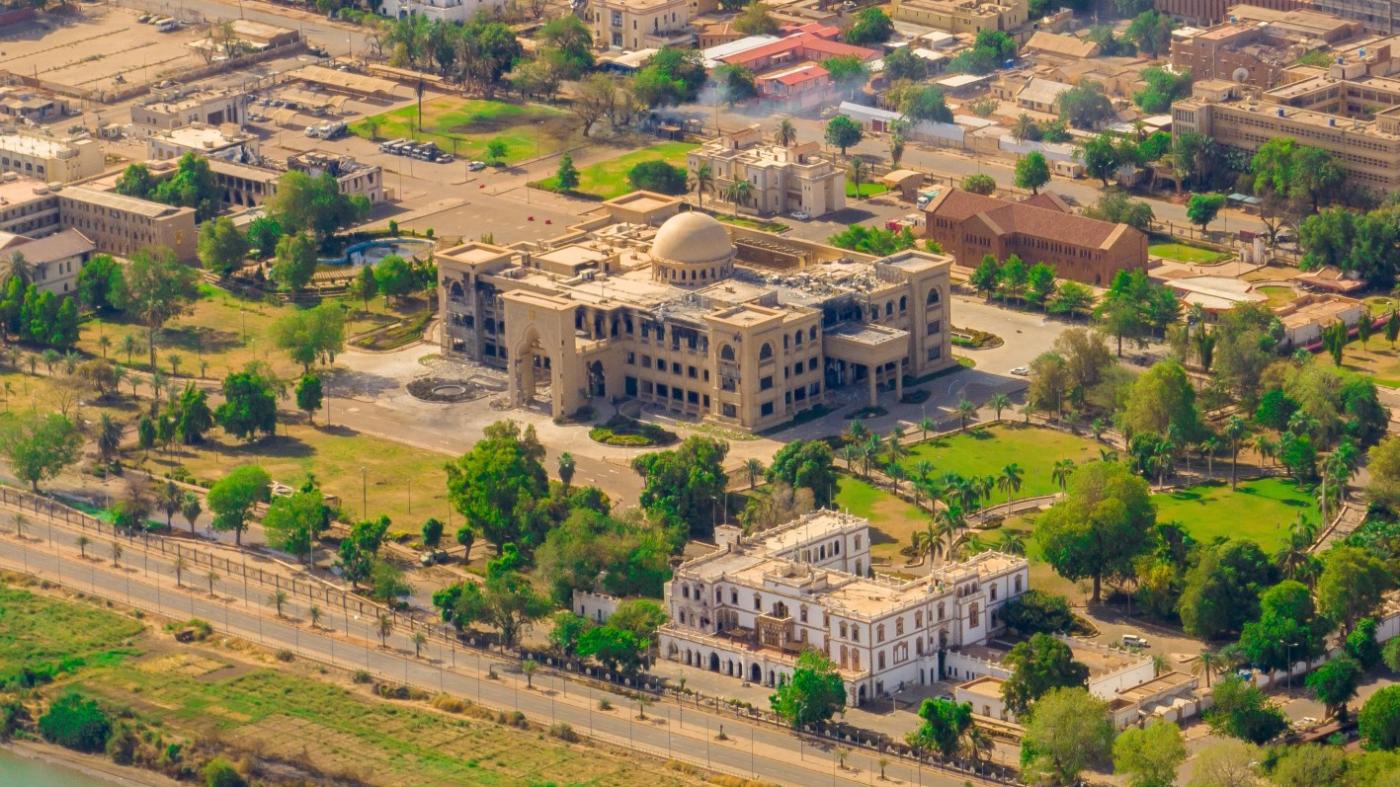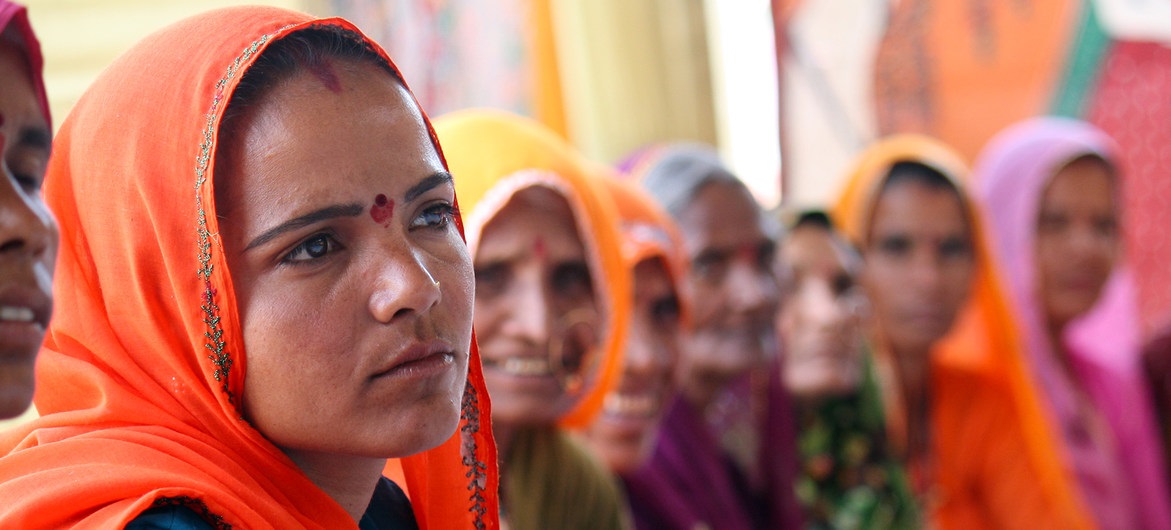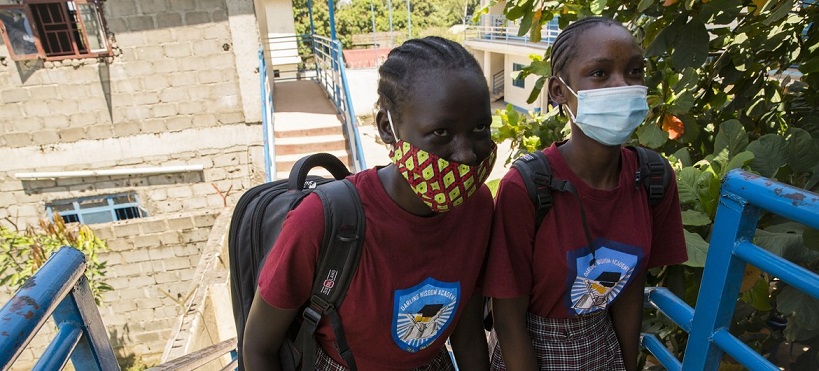By Mohamed Osman Adam, Journalist Analyst
A growing feeling of abandonment and bewilderment is nowadays reigning among ordinary Sudanese as the UN and western countries are brokering more and more truces in lieu of full a cessation of hostilities between the two fighting groups, only to evacuate their nationals and staffers-though they use lofty argument of humanitarian and human rights protection to back up call for true.
Many an indices lead to the conclusion that the ground is now being prepared for future plans that are not necessarily in favour of the Sudan and its people.

The bewildering question remains: why have the Europeans, the Americans and the foreign entities in Khartoum, evacuated their staffers and subjects only a few hours into the fighting. All foreign embassies and the United Nations, quickly pulled out of Khartoum, and the Sudan in general, while some kept very few staff in Port Sudan, Sudan’s sea port on the Red Sea, which means ready for evacuation as well.
Thus the question was: have they in their possession information that the war was going to develop into something nasty and that they are leaving the Sudanese to meet destiny or is it that plans are underway and that these plans require a vacant Sudan from western and foreign nationals.
Does the evacuation bring to your mind similar cases when the western world pulled out of a country, leaving Africans to themselves to immerse into a fighting, which could have been contained, to brewage into nasty ethnic cleansing?
Why was no similar pull out taken place in Ukraine where war, not mere fighting, has been going on for months upon months, but none of the embassies there decided to evacuate their nationals let alone pull out. On the contrary the UN has scaled up its presence in Ukraine.

Why have the Americans changed minds vis-à-vis their classification of the fighting in Khartoum? In the first twenty-four hours of the fighting, April 15th 2023, US Secretary of the State Anthony Blinken had described the war as an internal Sudanese question.
It meant, among other things, the American were warning neighbors, and far beyond like Russia, to keep their hands off the Sudan and leave the Sudanese themselves kill each other until one party is almost winner, then they would intervene.
But then, a week ago, an Americans change of heart occurred: saying the Sudanese domestic war that pitches the regular army with a rebel militia group, is but a threat to the US national security. That is why President Joe Biden issued a Presidential Executive Order on the situation in the Sudan, which means a decision that will not wait for the approval of congress.
A threat to the American National Security means opening the doors for a possible US military intervention if and when the U.S Administration deems necessary.

The thinking is possibly like this: You don’t want to have western nationals, American subjects in a place while Sudanese are killing each other. You would not wish to have Americans and westerners in the Sudan least you will have a repeat of what had happened in Somalia, end of last century, and what has recently happened in Afghanistan.
This could not be tolerated when elections the US and in many European countries are knocking the doors. But elections also mean you have to address your home voters that you are not abandoning an area of vital economic and geopolitical interests like the Sudan, to the Russians.
Then another question rises why has the presidential order come at this timing? Well, reports indicated that an Israeli mediation between the top leaders in the fighting, the Sudanese Armed Forces and the Militias Rapid Support Forces, have failed. The Americans could not use the UN Security Council leverage to punish the two generals, because the Russians who wanted to be in the Red Sea and who had a promise from Khartoum to erect a military base on the Red Sea shores, would veto it.
The Americans were weary, too, that the war could spell over into neighboring countries, from the nascent South Sudan in the South to challenges-ridden Egypt in the north and from time bomb situation in Chad in the west and the possible sneaking of Boko Haram, to Ethiopia, Somalia and Eritrea in the east who are all ridden with regional and security challenges.
A Sudan falling apart into chaos would be fertile and excellent hiding ground for hardliners and terrorists from west and east African to throng in and breed.
But the Americans, one would like to believe, are happy to have somebody help them flush out the Rapid Support Forces, who have close ties with the Russia or at least Russian related companies.
Hasn’t the leader of the RSF General Mohamed Hamdan Daglo, paid a high profile visit to Russia the same week the war broke there, and hasn’t he expressed sympathy with the Russians, in place of keeping a neutral.










